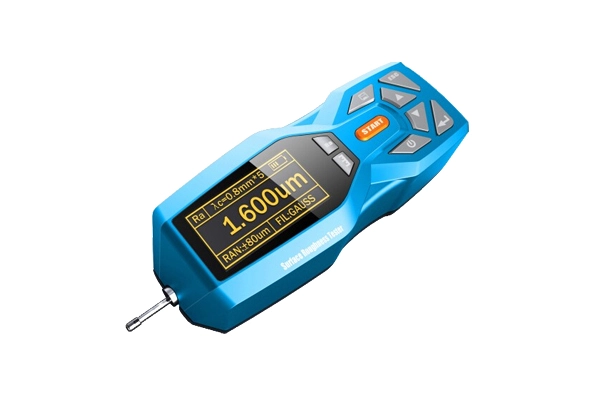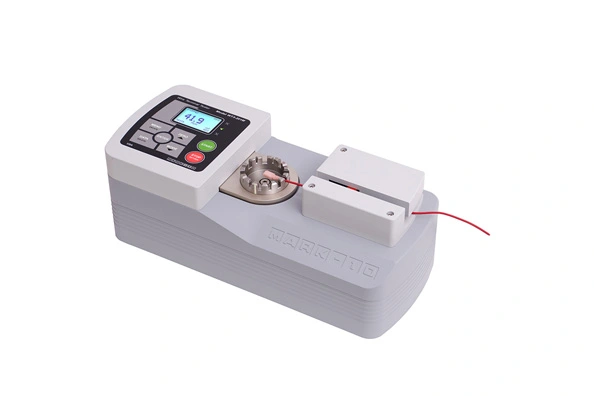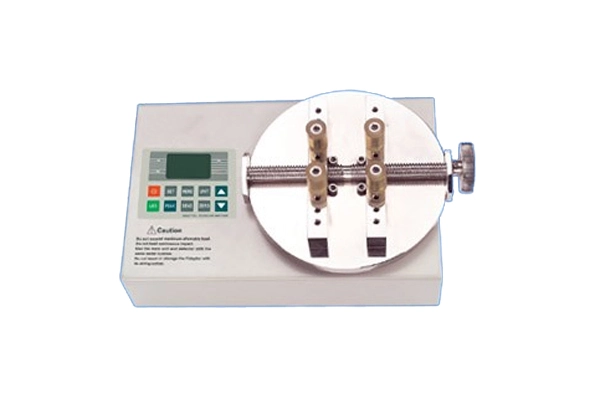With the continuous development of the industry, quality control has become increasingly important. One key aspect of material quality is hardness, which directly affects performance, durability, and suitability for various applications. Hardness testers are instruments used to measure the hardness of materials. Depending on the material being measured, hardness testers can be applied in different fields. Some hardness testers are used in the machining industry, primarily to measure the hardness of metal materials. For example: Brinell hardness tester, Rockwell hardness tester, Leeb hardness tester, Shore hardness tester, Webster hardness tester, etc. The specific application ranges of these hardness testers are as follows:
The brinell hardness tester is mainly used for hardness testing of forged steel and cast iron with uneven structures. The Brinell hardness of forged steel and gray cast iron has a good correlation with tensile tests. Brinell hardness testing can also be used for non-ferrous metals and mild steel. Small diameter ball indenter can measure small-sized and thinner materials. It is used in the heat treatment workshops and factory inspection departments of various mechanical plants. Brinell hardness testers are mostly used for the detection of raw materials and semi-finished products. Due to larger indentations, they are generally not used for finished product testing.
Tests various ferrous and non-ferrous metals, such as quenched steel, tempered, and annealed steel, surface-hardened steel, various thicknesses of sheet metal, hard alloy materials, powder metallurgy materials, thermal spray layers, chilled castings, malleable castings, aluminum alloys, bearing steel, hardened thin steel, etc.
The leeb hardness tester is for materials such as steel and cast steel, alloy tool steel, gray cast iron, ductile iron, cast aluminum alloy, copper-zinc alloy (brass), copper-tin alloy (bronze), pure copper, forged steel, carbon steel, chromium steel, chromium-vanadium steel, chromium-nickel steel, chromium-molybdenum steel, chromium-manganese-silicon steel, ultra-high strength steel, and stainless steel.
The shore hardness tester is applied in fields such as machinery manufacturing, scientific experiments, and the metallurgy industry. Examples include rollers (steel-making machine iron rollers, flour rollers, rubber rollers, paper-making rollers, oil rollers, ink and grinding wheel rollers, etc.), non-metallic materials, machine tool guide rails, oversized gears, and train wheels and propeller blades, suitable for determining the Shore hardness value of ferrous and non-ferrous metals.
Used to test aluminum alloys, soft copper, hard copper, ultra-hard aluminum alloys, and mild steel.
Simple and convenient, the instrument has become a standard for on-site testing of final products or raw materials. Such products include fiberglass board, plastic, aluminum, and related materials. The barcol hardness tester meets the requirements of the American Fire Protection Association NFPA1932, applied in on-site testing of fire ladders at high temperatures. Measured materials: aluminum, aluminum alloy, soft metals, plastic, fiberglass, fire ladders, composite materials, rubber, and leather.
Hardness testing remains an indispensable process across various industries, ensuring materials and components meet required performance standards. Whether testing softer metals with a webster hardness tester, a wide range of materials with a rockwell hardness tester for sale, or complex details with a specialized microhardness tester, choosing the right tool is crucial. Lanetech leads among hardness tester suppliers by providing a variety of high-quality, reliable testing instruments to meet these diverse needs. By understanding the classification and application areas of hardness testers, professionals can make informed decisions, ensuring their products and projects meet the highest quality and durability standards.

 français
français Español
Español русский
русский العربية
العربية português
português


